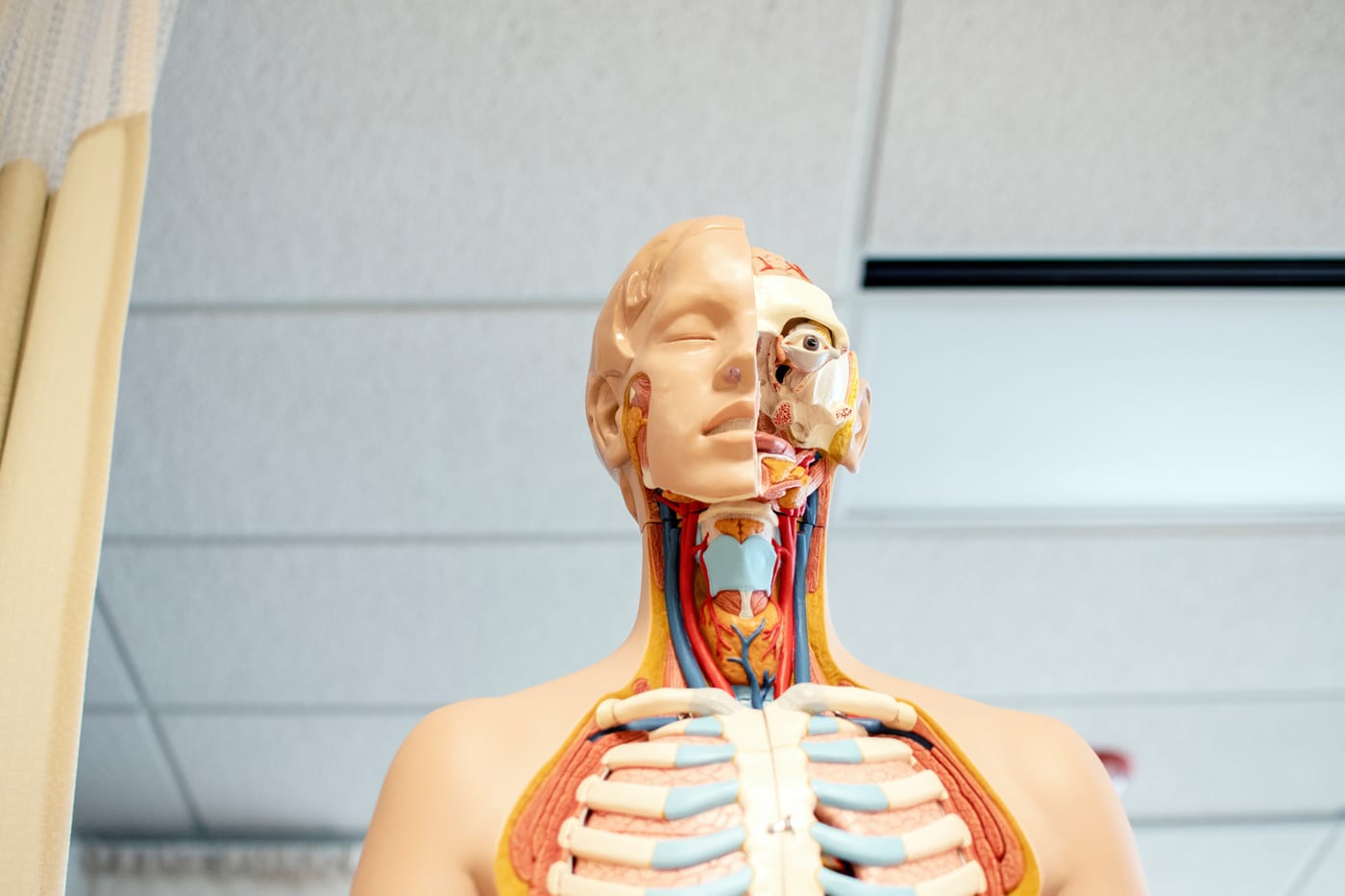Research
Clinical and basic scientific research into many aspects of respiratory disease is active throughout Wales. A number of research institutions have an international reputation for excellence. Selected profiles are provided below.

Swansea College of Medicine/Prince Philip Hospital
The Clinical Research Centre has been established at the Prince Philip Hospital by Dr Keir Lewis, who is a Reader in Respiratory Medicine at Swansea University College of Medicine and an Honorary Respiratory Consultant with Hywel Dda NHS Trust, has a wide variety of research activities but has a principle interest in smoking cessation and sleep disturbed breathing.
- Dr KE Lewis
- k.e.lewis@swansea.ac.uk
- 01554 783133
Bangor University
The Faculty of Medical Sciences at Bangor University is rapidly developing and there are many potential research opportunities including taking on higher degrees. With the merger of the North Wales Trusts, which will render it one of the largest Trusts in the UK, there will be many avenues for high quality clinical research and a very large patient population.
- Dr D Mckeon
- damian.mckeon@wales.nhs.uk
Llandough Hospital, Cardiff
There a number of active research groups within Llandough hospital including:
Interstitial Lung disease: Dr Ben Hope-Gill
Cystic Fibrosis: Dr Ian Ketchell
Assisted Ventilation: Dr Simon Barry
Interest in development of shared network for chronic and acute NIV in Wales as a basis for future studies on the role of long term NIV in COPD. Comparisons of daytime vs night time ventilation in NIV patients and home vs hospital set-up for chronic NIV patients.
Asthma & Allergy group, Swansea University
Part of the Immunity and Allergy research group, the Asthma and Allergy group has a research focus on asthma – its genetic and immune aspects. It is headed by Professor Julian Hopkin, and the team includes Senior Clinical Lecturer, Dr Gwyneth Davies; Immunology Lecturer, Dr William Walker plus Clinical Lecturer and Visiting Research Fellow, Keiko Tenaka. Also linked with the group is Taro Shirakawa, a College of Medicine standing Visiting Professor who is based at the Japanese National Genotyping Centre and is a Professor at Kyoto University.
Professors Hopkin and Shirakawa shared the 2001 Daiwa-Adrian Prize in Medicine for their work on the genetics of asthma and allergy. The group’s key achievements recently have been the demonstration of how genetic variants of Th-2 immune signalling (particularly through the ligand IL-13 and the transduction molecule STAT 6) impact on the production of reagenic antibody IgE, the promotion of asthma, and protection from parasitic worm infection.
Recent epidemiological work has investigated the role of obesity in asthma with particular regard to Th-2 signalling (Dr G Davies). Work is ongoing regarding mechanisms underlying the association between adiposity and asthma, with a focus on Th-2 immunity and adipokine interactions. A recent study has examined the impact of obesity on airflow obstruction and on inflammatory phenotypes in asthma.
Leading on from translational work on asthma and obesity, Applied Asthma research includes an Asthma UK funded programme to assess an asthma-specific exercise intervention for children. NIHR funded work focuses on the development of asthma diagnostics in clinic and the bringing to market of new technology in collaboration with Engineering.

